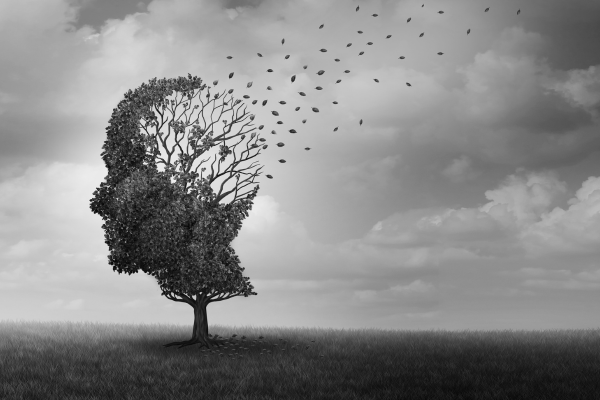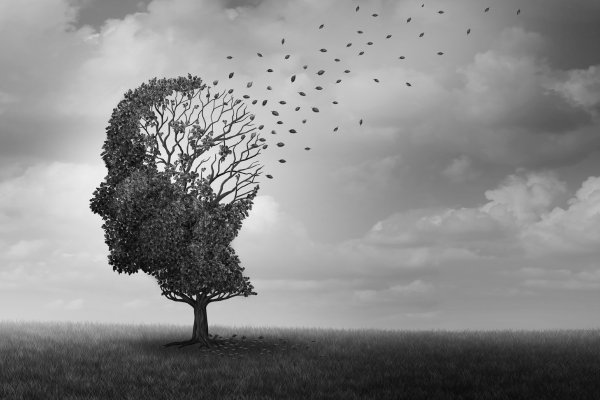
Dementia is a condition that affects memory, thinking, and daily functioning. It is not a single disease but a group of symptoms caused by various brain disorders. Understanding dementia can help caregivers and families provide the right support and care.
What Causes Dementia?
Dementia results from damage to brain cells, which affects communication and overall function. The most common causes include:
Alzheimer’s disease – The leading cause of dementia, linked to abnormal protein buildup in the brain.
Vascular dementia – Caused by reduced blood flow to the brain, often due to strokes.
Lewy body dementia – Characterized by protein deposits (Lewy bodies) affecting movement and thinking.
Frontotemporal dementia – Results from nerve cell damage in the brain’s frontal and temporal lobes.
Mixed dementia – A combination of two or more types, often Alzheimer’s and vascular dementia.
Early Signs and Symptoms
Symptoms vary depending on the type and stage but often include:
Memory loss – Forgetting names, events, or daily tasks.
Difficulty with daily activities – Struggling with familiar tasks like cooking or paying bills.
Language problems – Trouble finding words or following conversations.
Disorientation – Confusion about time, places, or people.
Mood and personality changes – Increased anxiety, depression, or irritability.
Poor judgment – Making unusual financial or safety decisions.

Diagnosis and Stages
Doctors diagnose dementia through cognitive tests, medical history, and brain scans. Dementia progresses through stages:
- Mild cognitive impairment (MCI) – Early memory issues that don’t yet disrupt daily life.
- Early-stage dementia – Noticeable forgetfulness, difficulty planning, and mood swings.
- Middle-stage dementia – Increased confusion, behavioral changes, and assistance needed for daily tasks.
- Late-stage dementia – Severe cognitive decline, loss of speech, and complete dependence on caregivers.
Caring for a Loved One with Dementia
Caring for someone with dementia requires patience and structure.
Communication Tips
Speak slowly and clearly using simple sentences.
Maintain eye contact and use gentle tones.
Avoid arguing or correcting them harshly.
Use visual cues and gestures to aid understanding.
Creating a Safe Environment
Remove trip hazards and install handrails.
Label drawers and rooms for easy identification.
Keep a consistent daily routine to reduce confusion.
Ensure good lighting and minimize loud noises.
Engaging Activities
Encourage light exercise like walking or stretching.
Provide puzzles, music, and familiar books.
Promote social interactions to reduce isolation.
Allow participation in simple tasks like folding laundry.
Natural and Supportive Management Approaches
While dementia has no cure, several non-medication approaches can help manage symptoms:
Cognitive stimulation – Brain exercises, reading, and storytelling to maintain mental function.
Therapeutic activities – Music therapy, art, and aromatherapy to improve mood and reduce stress.
Diet and hydration – A balanced diet rich in vegetables, fruits, and omega-3s supports brain health.
Regular exercise – Gentle activities like walking or yoga help circulation and mobility.
Support networks – Caregiver groups and professional counseling provide guidance and emotional relief.
When to Seek Professional Care
As dementia progresses, home care may become challenging. Consider professional care when:
The person struggles with basic daily tasks.
Wandering or aggression becomes a safety concern.
Caregiver stress or burnout becomes overwhelming.
Specialized care is needed for advanced symptoms.

Dementia requires a holistic approach to care, focusing on routine, engagement, and a supportive environment.
Families and caregivers play a key role in providing love, patience, and practical support to enhance the quality of life for those affected.
If you are caring for someone with dementia, seek professional advice, build a support system, and prioritize self-care.
